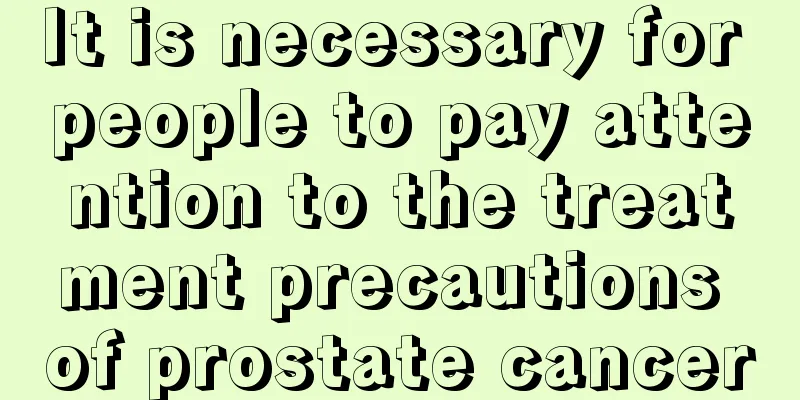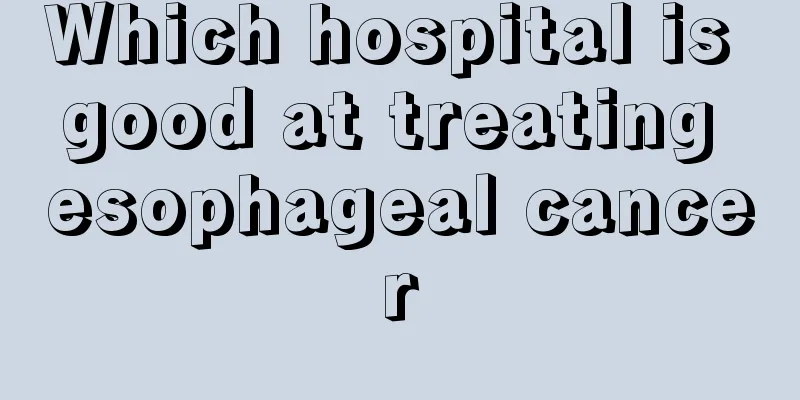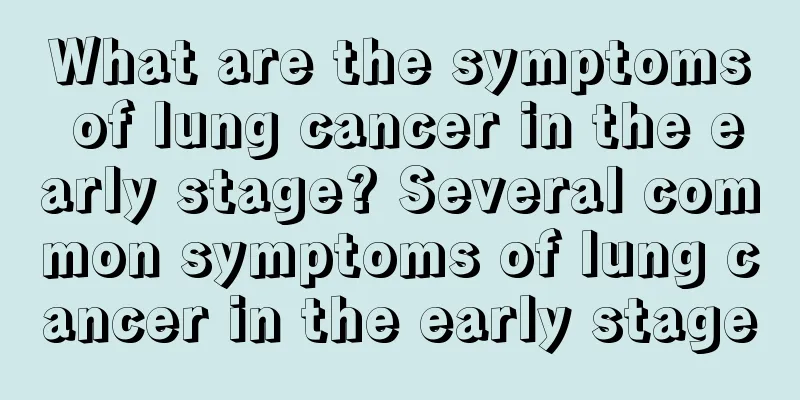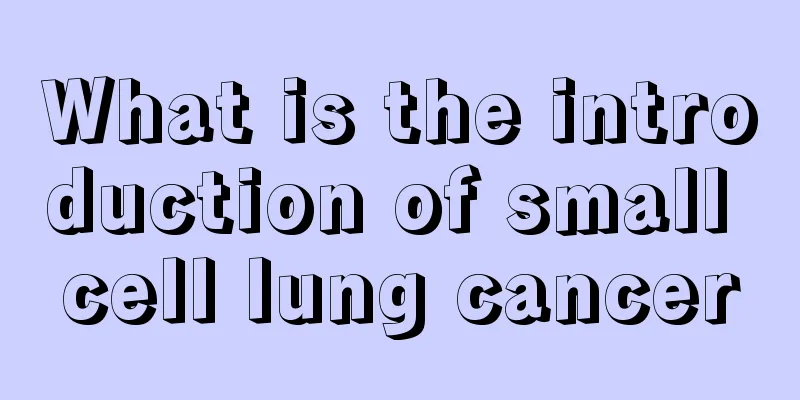Is a heart rate of 63 normal?

|
The human heart is the source of life movement. The heartbeat speed of each person is different at different times, and the heartbeat speed usually varies depending on the environment. In daily life, if the heartbeat speeds up or slows down, or is accompanied by other symptoms such as palpitations, it needs to be taken seriously. It may be caused by a heart disease, and active treatment is crucial. Is a heart rate of 63 normal? The normal heart rate range for adults is 60 to 100 beats/minute. A heart rate >100 beats/minute is tachycardia, a heart rate <60 beats/minute is bradycardia, and a heart rate of 63 beats/minute is within the normal range. Normally, bradycardia can be seen in people who exercise regularly, such as athletes, manual laborers, or people with a relatively strong physique. Tachycardia may occur after exercise, fatigue, tension, excessive stress, staying up late, smoking and drinking, etc. Your heart rate is 63 beats/minute. If you don't feel uncomfortable, it is normal and you don't need to worry. Dangers of slow heart rate If the heart rate is too slow for a long time, the body will suffer from hypoxia and ischemia due to insufficient blood "pumped" by the heart, and the compensatory ventricles will speed up their movement to supply blood. However, excessive ventricular movement will cause insufficient blood return. If cardiac output is significantly reduced, a series of symptoms such as dizziness, headache, and tinnitus will appear. In severe cases, coma and convulsions may occur. Due to insufficient blood supply to the coronary arteries, patients may suffer from angina pectoris or even myocardial infarction. Causes of a fast heart rate (1) Physiological: Changes in body position, physical activity, food digestion, anxiety, pregnancy, excitement, fear, agitation, drinking, smoking, drinking tea, etc. can all increase the heart rate. (2) Drug-induced: Some drugs can cause a person’s heart rate to accelerate, such as sympathomimetic drugs like ephedrine and adrenaline. Parasympathetic blocking drugs such as atropine, caffeine, thyroxine, amphetamine, etc. can cause tachycardia. (3) Pathological: Some systemic diseases can also cause a faster heartbeat: high fever, anemia, hypoxia, infection, hyperthyroidism, pain, acute rheumatic fever, beriberi and neurosis can cause tachycardia. (4) Cardiovascular disease: Acute blood loss, hypotension and shock, arteriovenous fistula, heart failure, myocarditis, cardiomyopathy, pericarditis, acute myocardial infarction and various organic heart diseases can all lead to sinus tachycardia. The dangers of a fast heart rate Long-term tachycardia can lead to heart enlargement and heart failure. For those with a history of coronary heart disease, it can directly induce a coronary heart disease attack, thereby increasing the incidence and mortality of cardiovascular disease. Especially for patients with hypertension, the heart rate should not exceed 80 beats/minute. |
<<: What is the normal heart rate for young people
>>: Cholesterol-lowering health products
Recommend
What causes left lower abdominal pain when coughing?
Coughing is a relatively common respiratory disea...
Anti-inflammatory injection after breast augmentation surgery
Breast augmentation surgery, also known as breast...
Does uterine cancer affect pregnancy in women?
Does female uterine cancer affect pregnancy? Givi...
Only by combining the diagnosis of melanoma can patients discover the disease as early as possible
Melanoma is a common surgical disease in my count...
The stool is golden and a little watery
When a child is young, it is not easy to judge th...
How to quickly remove yellow skin sores
When we get xanthoderma on our skin, we always ho...
What medicine can reduce swelling on the face
There are many reasons for facial swelling. No ma...
Tips for cleaning range hoods
Many people have no idea how to clean the range h...
What are the items in blood test for kidney function
What we usually call renal function is actually t...
Which hospital should I go to for treatment of early skin cancer
With the rapid spread of media, the popularizatio...
What are the symptoms of early gastric cancer?
What are the symptoms of early gastric cancer? 1....
The harm of bleaching powder to skin
Nowadays, household water comes from the city’s t...
What are the proven Chinese medicine prescriptions for treating cervical cancer?
In the treatment of cervical cancer, some Chinese...
Why do toes hurt
The feet are the cornerstone of our normal activi...
What are the dietary taboos for nasopharyngeal carcinoma patients
In recent years, the incidence of nasopharyngeal ...









